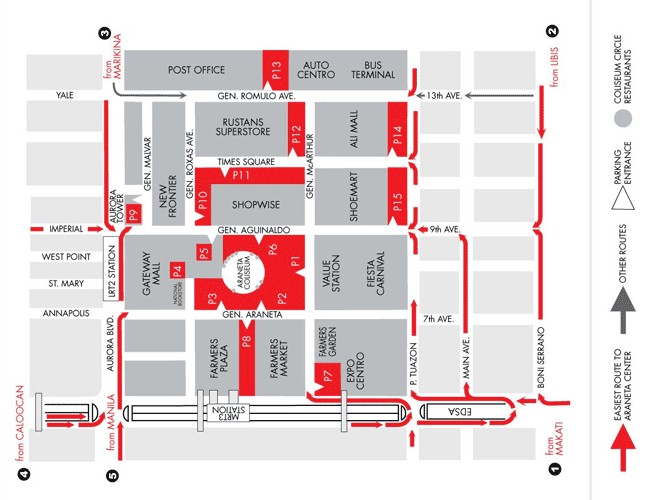Am seeing so many misspellings. What do you call people from the Philippines? We are FILIPINOS…
Perhaps a lot of folks are looking at the spelling of the country, Philippines, so they’re guessing the term is Philippino.
How did this all start? I saw a tweet from @abeolandres, that lead me to Yaro Starak’s Is Outsourcing Exploitation?
For Yaro, $2/hour is slave labor. Well, if you look at people who are heavily promoting outsourcing, you’ll often hear the magic phrase “only $2/hour” used to entice others to outsource some of their internet marketing activities to various countries such as the Philippines.
The minimum daily wage in Metro Manila is around $8 a day (or around $1/hour in an 8-hour day). During that day, the employee will spend for lunch (about $1.10) and a daily commute (around $2.20).
A home-based virtual assistant, on the other hand, will spend less on lunch, and almost nothing on transportation costs. Internet access is available in some internet cafes for as low as US$0.45/hour or $3.60/ 8-hour day (at P45:US$1), while a broadband subscription comes out to about $22/month for those with a computer and a telephone line at home.
Some outsourcing companies will charge internet marketers $5 per article, and then farm out the article writing service to freelancers for anywhere between $1 to $2 per article.
Some marketers choose to work directly with freelancers, and pay as much as $4 per 400-word article.
Yes, $2/hour can sound like exploitation, yet quite a number of Filipinos will accept $2/hour jobs because it’s better than getting $0 per hour. Speaking of “low”, $2/hour translates to PhP 15,840 (assuming 22 8-hour days a month).
They know, though, that that low wage is not forever.
For example, you’ll hear about Filipino VAs who are now making $800 per month (PhP 36,000 a month), which is more than what even some managers earn in various offices in the Philippines.
And since they work at home and are able to spend more time with their family and their children, they also get to save on food and transportation costs. This allows them to channel more funds towards the education of their children.
Speaking of education, perhaps schools here in the Philippines should help improve the technical, communication and writing skills of Filipinos.
In the event that graduates are unable to find a job here in Metro Manila or in Cebu or Davao or other cities in the Philippines, they can always try becoming a virtual assistant, article writer, or SEO specialist for global marketers interested in outsourcing to the Philippines.
Alternatively, such ICT skills will help Filipinos build their own internet virtual properties that can serve as assets which will provide passive to semi-passive income for them and their families for many years.
We all start somewhere. And $2/hour (at the start) isn’t exactly rock bottom.
Perhaps Philippine bloggers can help the country by teaching more of our fellow Filipinos how to write, or how to set-up WordPress blogs, or how to do SEO, or how to build our own internet virtual real estate.
Don’t worry about the issues of “saturation” because, based on experience, few people like writing. 😉
To All English Teachers: You are sitting on an internet marketing goldmine. I highly encourage you to learn blogging and internet marketing, so that you can build your army of bloggers and affiliate marketers.
Building a blog that makes at least $100 a month (semi-passively) is highly doable. And if you build that to 10 profitable blogs, then $1,000 a month will go a long way in your retirement years in the Philippines.
And if that’s too small for you, then partner with Filipinos who are earning more, but can use the internet to expand their business further.
Here’s to your success, and may writing help you all make money online! 🙂
